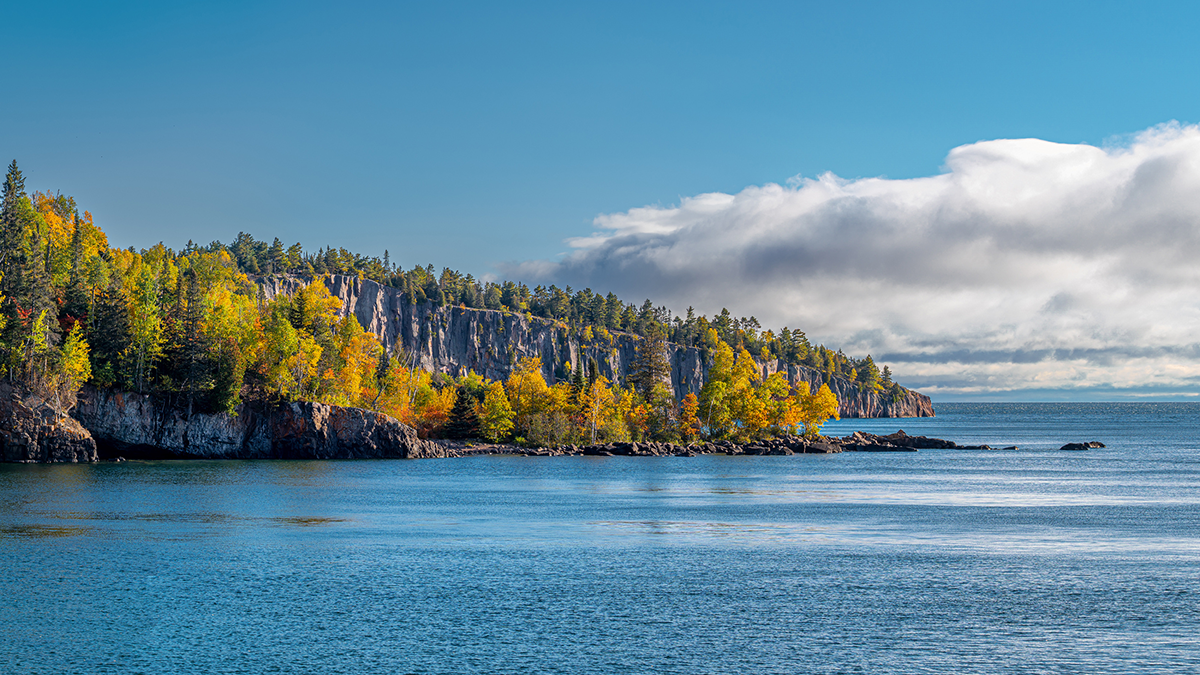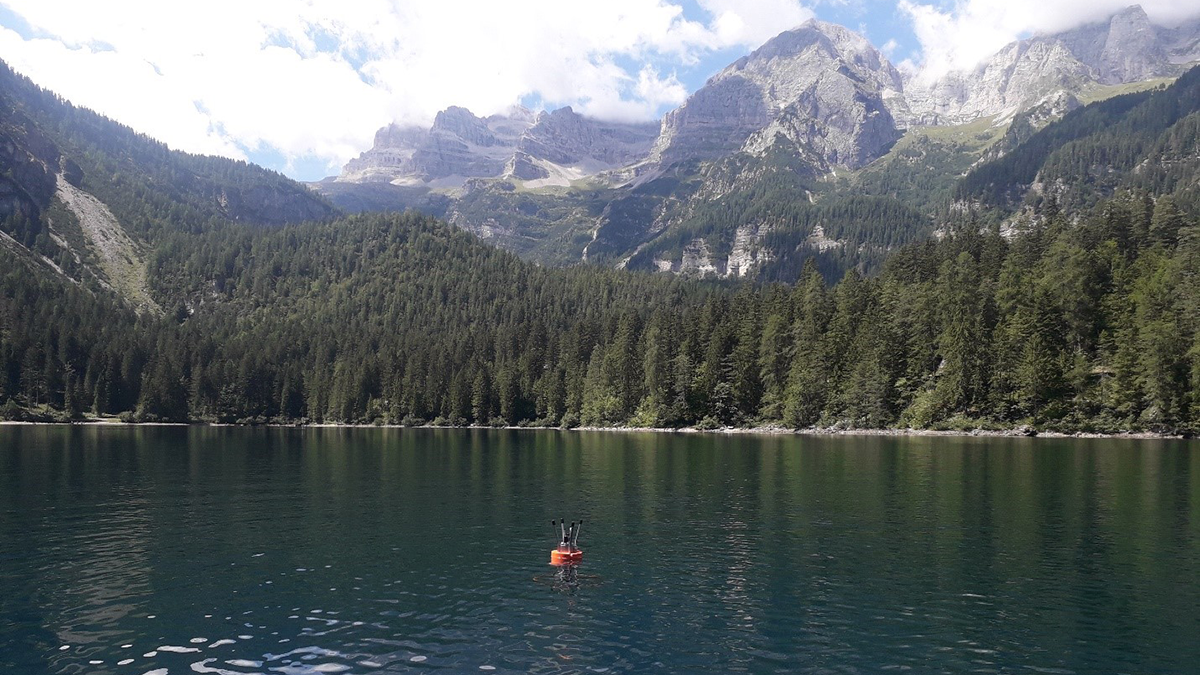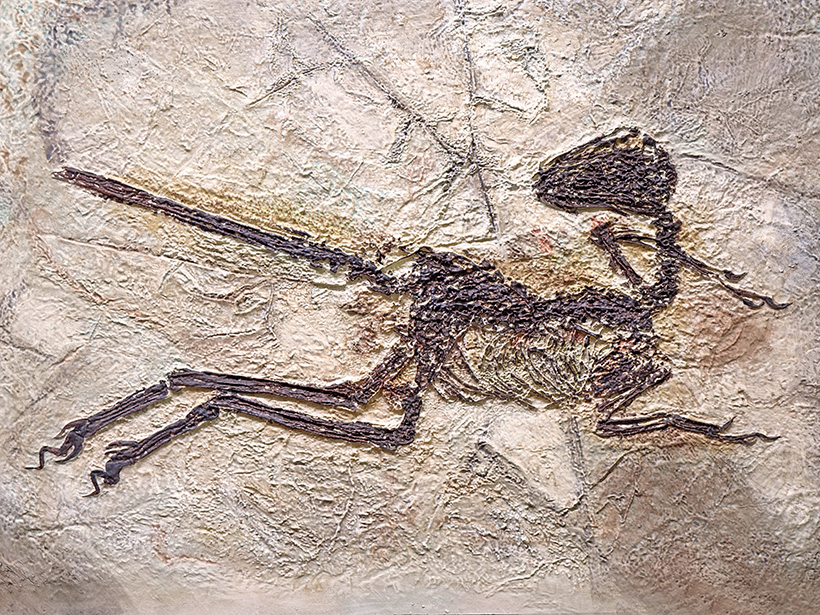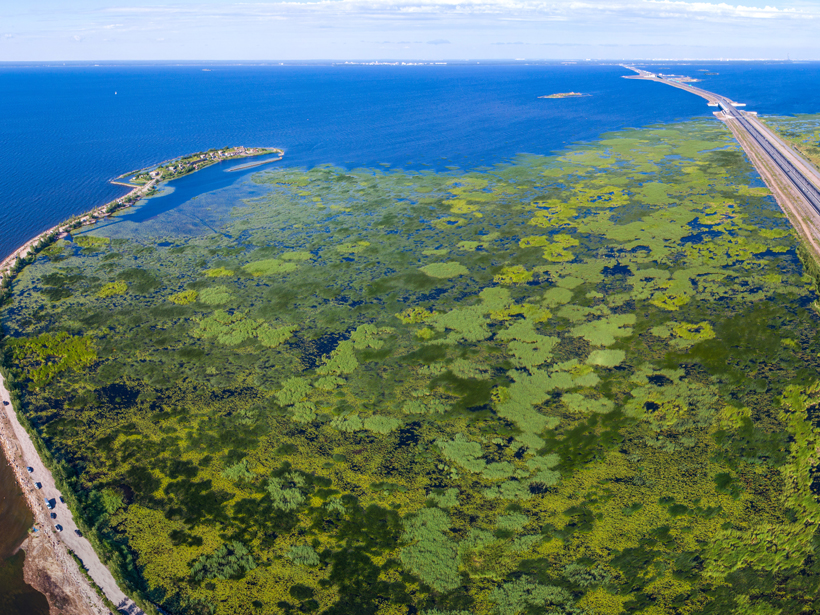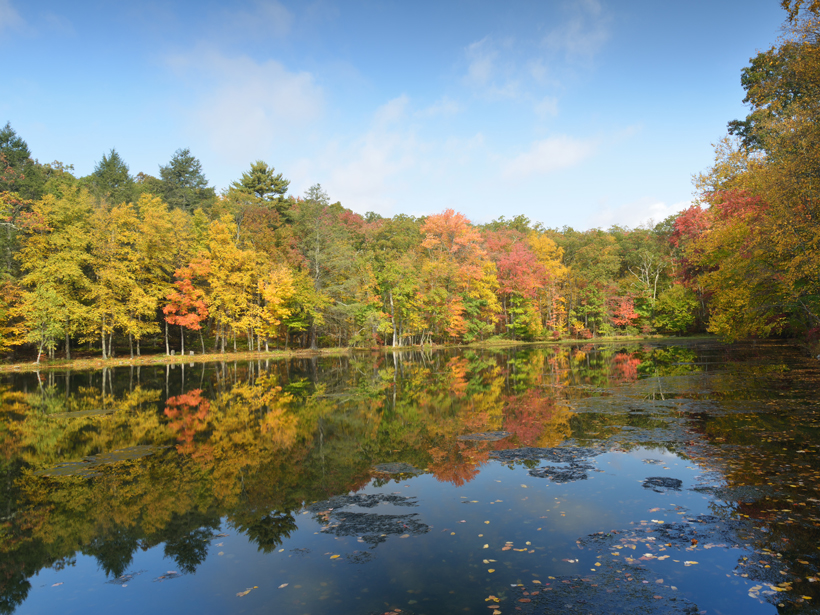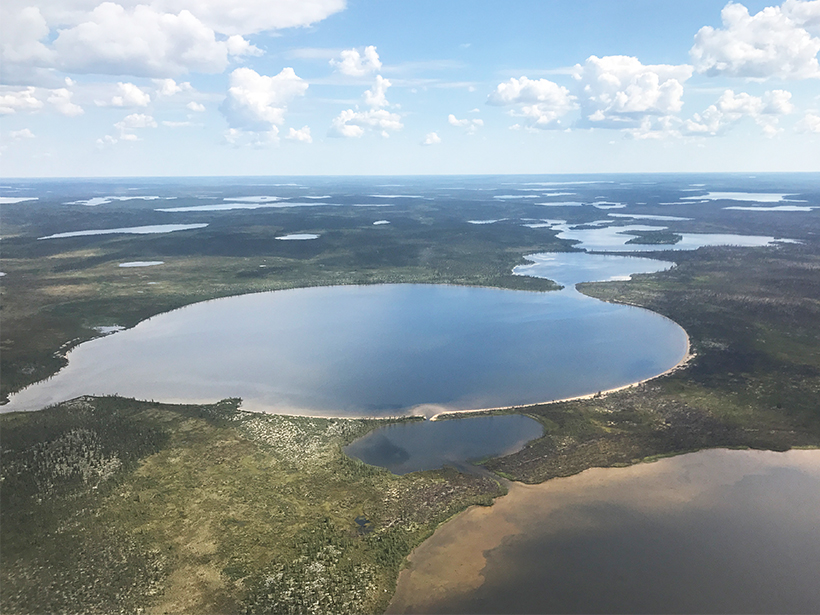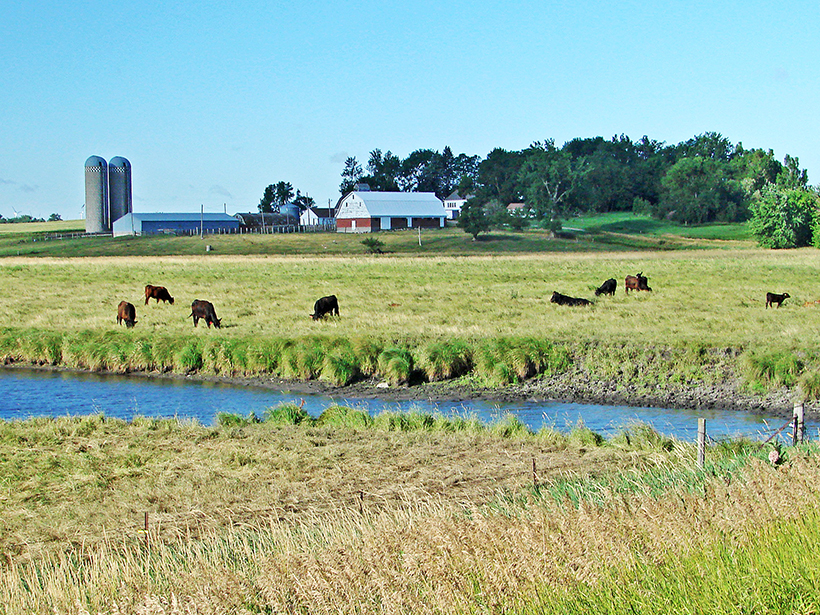Multi-annual measurements across Lake Superior indicate remarkable similarities between large lakes and ocean CO2 exchange during the ice-free season.
Limnology
Challenges and Prospects for Modeling Lake Water Temperature in a Changing Climate
Climate change is having a significant impact on the temperature dynamics of lakes worldwide, affirming the need for accurate modeling to inform management and conservation strategies.
Cool Oasis for Cretaceous Feathered Dinosaurs
A new study found that the Jehol Biota had chilly temperatures and high altitudes when feathered dinosaurs roamed the slopes.
Human Activities Create Corridors of Change in Aquatic Zones
Canals, dammed reservoirs, irrigation ditches, and pollution are changing species diversity, microbial communities, and nutrient levels in aquatic zones across the planet.
Dark and Stormy: How More Rainfall Leads to Warm and Murky Lakes
Reduced clarity in two northeastern Pennsylvania lakes has resulted in warmer surface water and cooler bottom water despite stable regional air temperatures during the past 3 decades.
Airborne Surveys Examine Water Levels of Lakes Perched on Permafrost
Do water levels in high-latitude Canadian lakes fluctuate as one body or as separate entities? The answer could reveal clues to how melting permafrost influences the environment.
Polluted Lakes in Disguise
Clear lake water under highly polluted conditions might necessitate a rethink of water management policies and pollutant mitigation.

